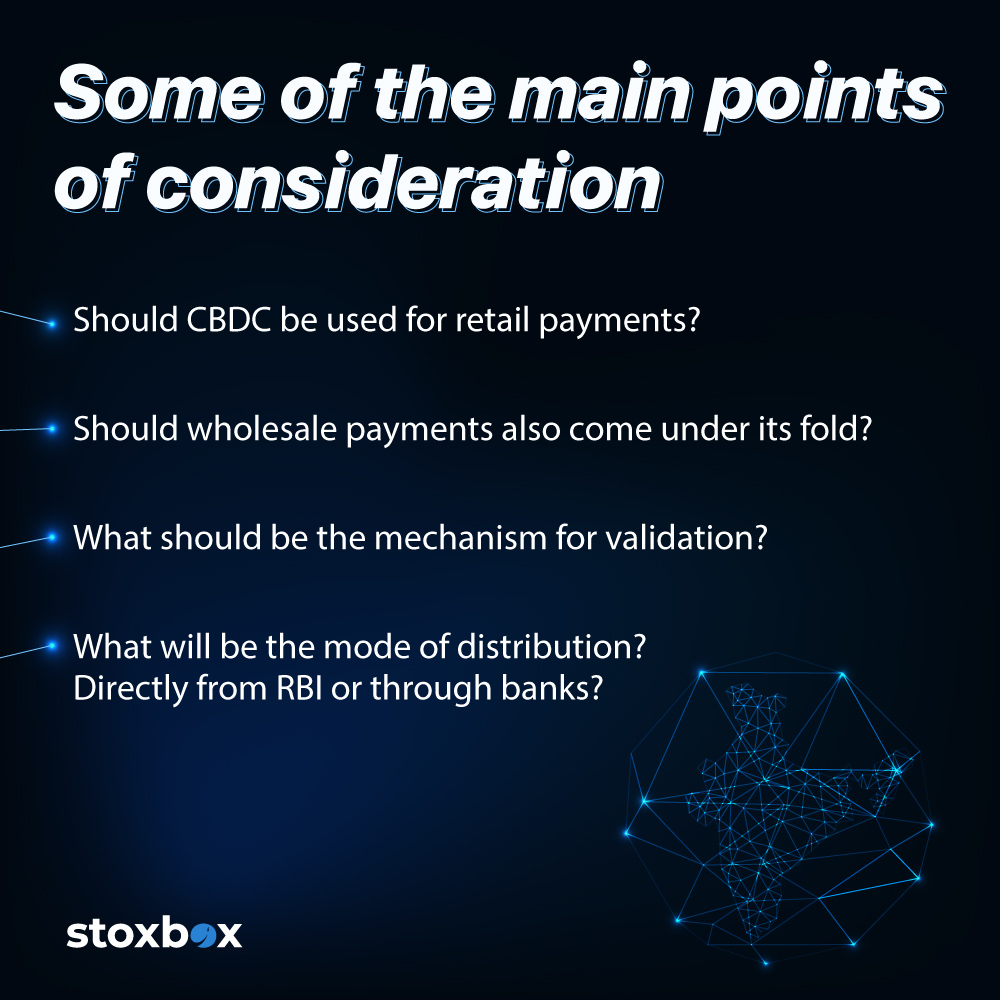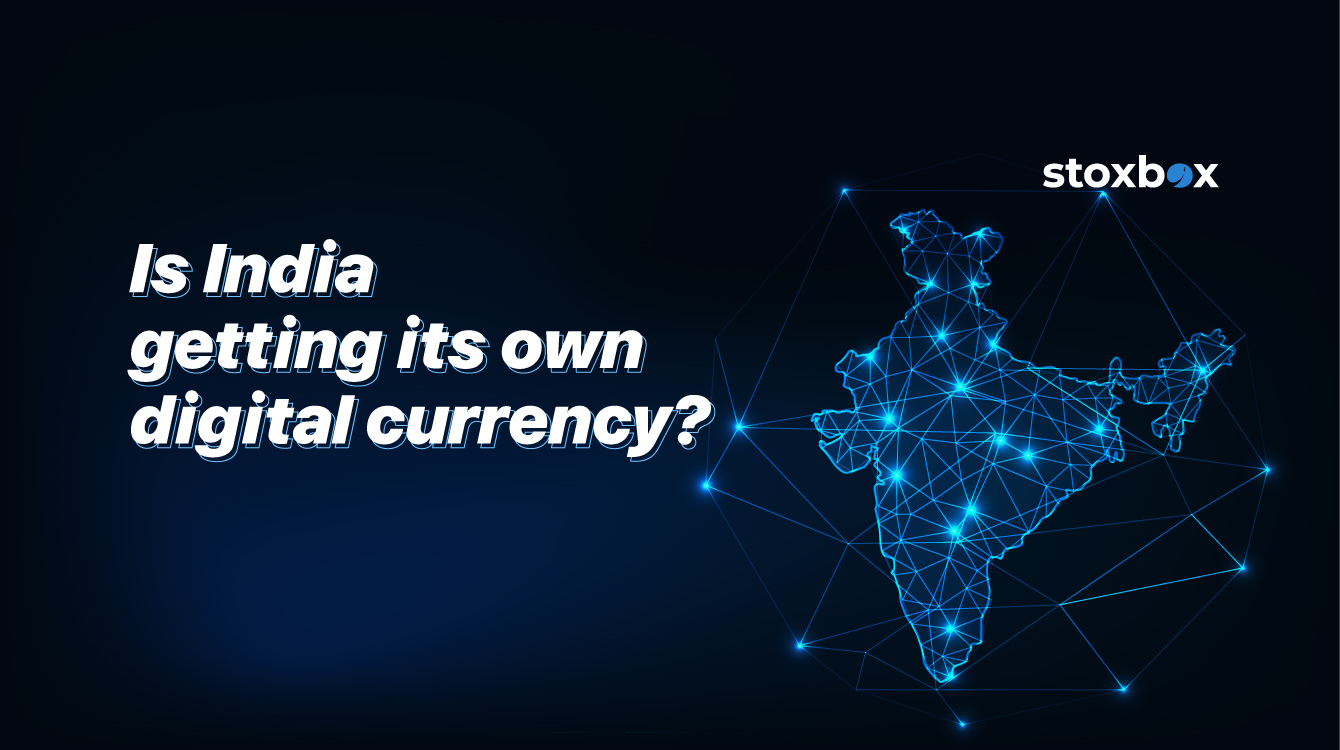Digital currency, by definition, is any money or currency which is stored and transacted digitally. Also called Central Bank Digital Currency (CBDC), digital currency is managed on internet-enabled computer systems. Simply put, it is a banknote in digital form, and cannot be converted into paper form. The name given for India’s own digital currency is e-RUPI.
The growing resonance around digital currency can no longer be ignored. Judging the potential of digital currency, the Reserve Bank of India (RBI) is mulling the implementation of e-RUPI phase-wise. As of now, the RBI is weighing the pros and cons of introducing the e-RUPI. This plan of introduction of India’s e-RUPI was announced by the Deputy Governor of RBI, Mr. T. Rabi Shankar. This would mean the current method or the very concept of money and its methods of transactions will undergo a metamorphosis.
The RBI realizes that calibration of digital currency in India has to be done very carefully. The RBI is preferring a nuanced approach for the implementation of its own digital currency. Some of the main points of consideration are as under:

- Should CBDC be used for retail payments?
- Should wholesale payments also come under its fold?
- What should be the mechanism for validation?
- What will be the mode of distribution? Directly from RBI or through banks?
- If a transaction is done by CBDC, even on a Unified Payments Interface (UPI) platform, the requirement of settlement of funds between the banks of the payer and the beneficiary no longer exists.
- The transactions through CBDC shall take place on a real-time basis.
- CBDC is cost-effective.
- Time zones will not impede the settlement of currencies.
- The RBI saves a considerable amount of money on the cost of printing, storing, and distributing traditional currency.
- Also, there will be considerable savings on the logistics of traditional currency.
- CBDC will create more job opportunities for the young tech talent in India.
- The existence of commercial banks may come under scanner as their role as an intermediary gets eliminated. People shall be investing directly with the central bank.
- Commercial banks may see a large volume of erosion from their deposit base. The customers may start holding a significant share of their funds in CBDC.
- In order to retain customers, the banks may be constrained to raise the interest on deposits.
- To maintain the asset-liability ratio, the banks may have to revise their interest rates on loans upwardly, which may lead to a vicious trap.
- In a country like India, with a high inflation rate, the use of digital currency across borders may result in currency substitution or ‘dollarisation’.
- Digital currencies carry a potential threat for cyber attacks.
Frequently Asked Questions
1. How does digital currency differ from traditional currency?
Digital currency is completely electronic, existing only in digital form, whereas traditional currency includes physical cash like coins and notes.
2. What are the benefits of adopting digital currency in India?
Digital currency offers faster transactions, reduced dependency on cash, improved transparency, and lower transaction costs in financial systems.
3. How does digital currency enhance financial inclusion in India?
By providing easy access to digital payment systems, digital currency helps bring unbanked and underbanked populations into the formal financial ecosystem.
4. What security measures are in place for digital currencies in India?
Digital currencies rely on advanced technologies like blockchain, encryption, and secure platforms to ensure data integrity and prevent fraud.
5. Can digital currencies co-exist with physical cash in India?
Yes, digital currencies are intended to complement physical cash, providing an alternative payment method while reducing reliance on physical currency.
6. How does the Reserve Bank of India (RBI) manage the issuance of digital currency?
The RBI oversees the development, issuance, and regulation of digital currency to ensure it aligns with monetary policy and financial stability.
7. What role does blockchain technology play in India’s digital currency system?
Blockchain provides a secure, transparent, and immutable ledger for digital currency transactions, enhancing trust and efficiency in the financial system.
You might also Like.
No posts found!
